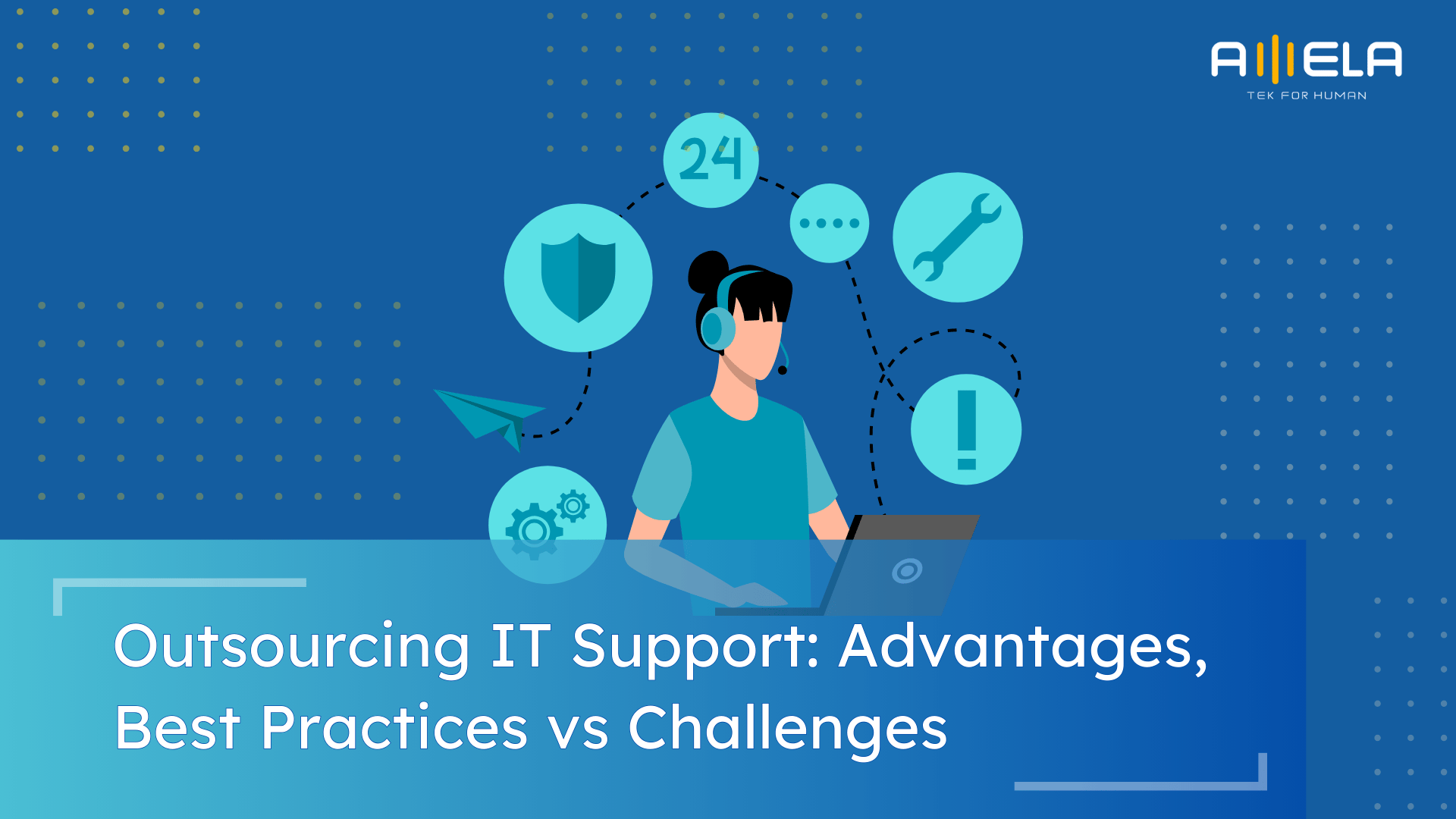Custom software development is no longer a niche — it’s often a necessity. As businesses evolve faster and customer expectations rise, off-the-shelf tools frequently fall short. This custom software development guide aims to be your go-to resource for understanding, planning, and executing custom software projects — complete with real examples, trade-offs, and best practices. Custom […]
At AMELA, we’ve seen firsthand how RPA (Robotic Process Automation) reshapes businesses. From finance teams buried in invoices to logistics firms juggling endless paperwork, the right RPA tool can turn hours of grunt work into minutes of automation. But here’s the catch—not all tools are created equal. Some shine for beginners, others only make sense […]
Drupal powers some of the world’s most complex websites—but it’s not a platform you can wing with generic developers. It needs specialists who know its modules, integrations, and quirks inside out. That’s why many businesses turn to dedicated Drupal development companies. In this guide, we’ve handpicked 15 top Drupal partners worldwide—from cost-effective offshore teams to […]
Singapore has become one of Asia’s hottest cloud markets, with businesses of all sizes moving workloads online to cut costs, scale faster, and stay competitive. The challenge isn’t deciding whether to adopt the cloud—it’s finding the right partner to make it work. From global consultancies to agile local players, here are the 10 most reputable […]
Choosing the right backend framework can make or break your software project. With dozens of options out there — from the tried-and-true like Java and PHP to rising stars like Go and Rust — it’s easy to feel overwhelmed. Each framework brings different strengths: some help you launch an MVP in record time, while others […]
The NFT boom has moved beyond a passing trend — it’s now shaping how we think about ownership, digital identity, and even real-world asset tokenization. For businesses exploring blockchain opportunities, understanding how NFT marketplaces operate is a critical first step. But with dozens of platforms out there, the big question is: Which NFT marketplaces are worth […]
Blockchain can seem complex, but at its core, it’s just data, cryptography, and consensus stitched together. The best way to learn it? Build one. In this guide, we’ll walk through creating a simple blockchain in C# with .NET—covering blocks, hashing, and basic validation. From AMELA team’s experience building blockchain solutions, starting small like this gives […]
Choosing between staff augmentation vs consulting can feel like standing at a crossroads. On one side, you’ve got the option to quickly scale your development team with vetted engineers who plug right into your workflows. On the other hand, you’ve got seasoned consultants ready to steer your IT strategy, challenge assumptions, and guide digital transformation. […]
IT project outsourcing has evolved far beyond the old idea of “hiring external developers to cut costs.” Today, it’s a strategic tool that helps companies move faster, access specialized expertise, and deliver high-quality software without overloading internal teams. Whether you’re building a new application, modernizing legacy systems, or exploring emerging technologies like AI or cloud, […]
Here’s the deal—mobile commerce isn’t the future anymore, it’s the present. With most online sales already happening on phones, not having an eCommerce app is like closing your store on weekends. The question we get all the time is: “So, how much will this thing actually cost me?” Truth is, the eCommerce app development cost […]













